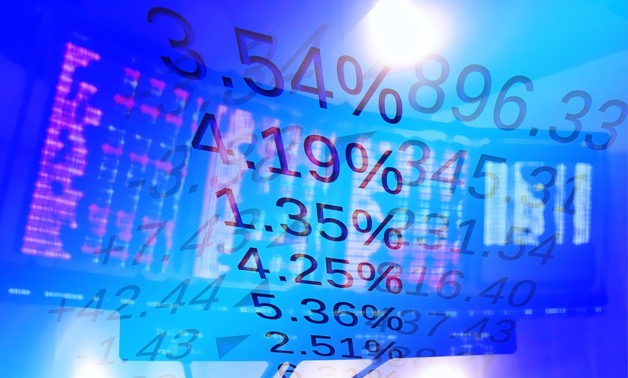
Creative Commons via Flickr/Emi Moriya
CAIRO – 2 April 2017: Egypt hopes a stamp tax on trades in the Egyptian Exchange (EGX) will generate revenues ranging between 1-1.5 billion EGP ($55-$82.4 million) during the next fiscal year 2017/18 (to start July 1).
On March 21, the cabinet approved the stamp duty on stock market trades, levied on both buyers and sellers, to replace a capital gains tax levied on profit-makers only, one step among efforts aimed at increasing state revenues by 24 percent during the fiscal year starting June 30.
The government also extended a freeze on the10 percent tax on capital gains for three years starting May 17; the tax was initially imposed in July 2014. In 2015, the tax was frozen for two years amid efforts to restore traders who decided to exit the local market, fleeing from high taxes and low profitability.
Although the stamp tax approval was broadly hailed by the majority of stock traders, equity market associations and competent bodies after agreeing with the government to reduce the initially proposed rate, some believe it will have a negative impact on trade volumes.
Economist and former head of the Egyptian Association for Direct Investment, Hany Tawfik, argued that the Finance Ministry is "really smart" to have responded to calls for suspending the capital gains tax again, but it introduced another tax that is expected to generate greater revenues and is easier to collect through direct deduction per transaction.
The stamp tax on stock market transactions will start at 0.125 percent (1.25 EGP per E 1,000 EGP) instead of the 0.175 percent that was suggested earlier. A planned gradual increase in the tax rate to 0.150 percent and then 0.175 percent will be applied over the next two years.
"The stamp tax will no doubt increase state revenues, compared to the capital gains tax, but it is unfair to levy both the winners and the losers. The capital gains tax could have been a better way to levy taxes on stock trades since it is only deducted from gainers," Tawfik told Egypt Today.
Tawfik described "those welcoming a tax on both gainers and losers" as “thieves and tax evaders, preferring to lose their capitals rather than applying for a tax deduction card, or persons involved in money laundering activities."
The head of the Research Department at Pharos Holding, Radwa el-Sewifi, said the stamp tax is good for the government as it yields higher revenues by being deducted from all traders, no matter whether traders are losing or gaining.
“For the investor, the capital gains tax is better from the stamp. He pays on profits only not all transactions,” she added.
The EGX has more than 270 listed firms and around 500,000 investors are registered to trade in the market while daily traders do not exceed one-fifth of this figure on average.

Comments
Leave a Comment